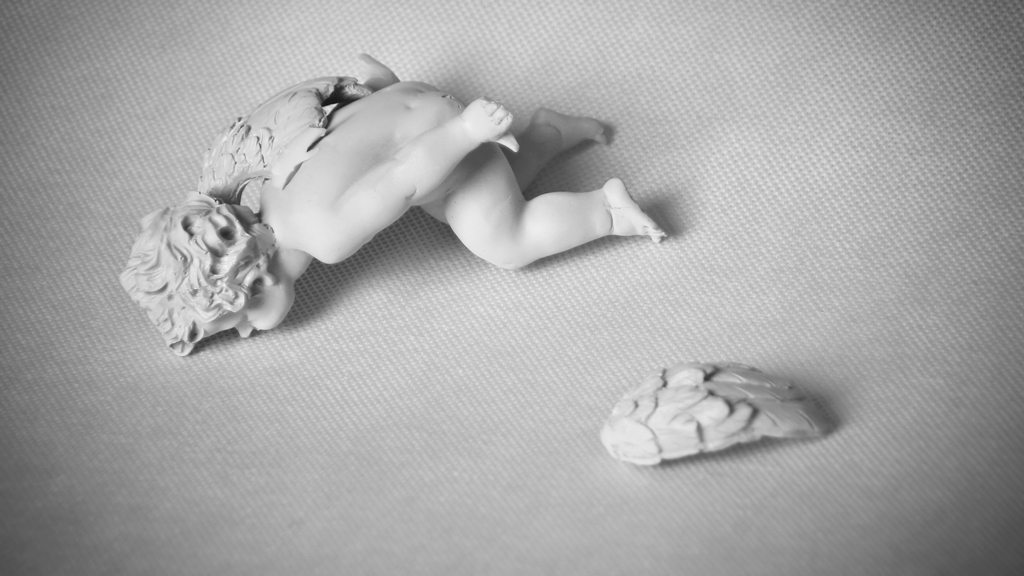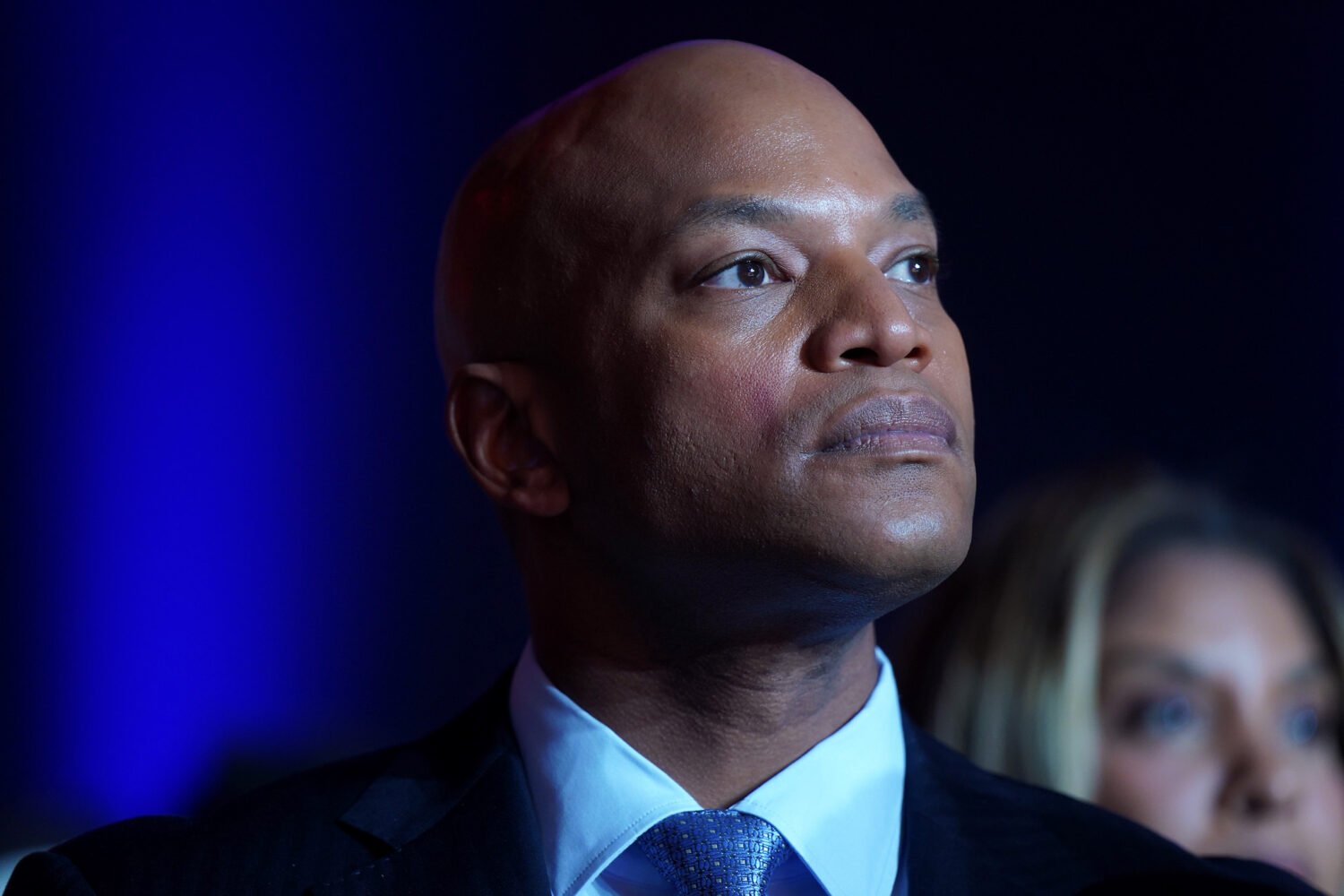The best part of the After School Satan Club’s permission slip is its logo, a classic #2 Ticonderoga, sharpened to resemble a pitchfork. Beyond that, it’s a basic form: kid’s name, emergency contact info, allergies, etc. Plus, in slightly smaller font, this disclaimer: “The US Constitution requires schools to respect the right of all external organizations to distribute flyers to students at school if the school permits any such organization to distribute flyers.”
It’s an oblique reference to a Supreme Court case from earlier this century, Good News Club v. Milford Central School. This is the decision that the Child Evangelism Fellowship, which runs the Good News Club, relies on to shoehorn itself into school districts that might not want religious orgs hanging around campus, but otherwise operate as “limited public forums”–government-owned properties where it’s illegal to restrict expression and assembly. It’s also the decision that the Satanic Temple’s founder Lucien Greaves believes will compel districts into letting Lucifer’s Army into classrooms, at least for an hour a month.
Earlier this week, the Washington Post warned readers that the Temple and its leader Greaves, whose real name is Doug Mesner, were coming for our children. Satanists are looking to start clubs in Maryland “that encourage benevolence and empathy,” or at least that’s how the Temple describes their group in a letter sent to school leaders nationwide. According to the After School Satan website, a chapter is underway at Bradbury Heights Elementary in Capitol Heights. (Much like God and Satan themselves, the club’s existence has been tricky to confirm. The Communications Department for Prince George’s County schools did not return a request for comment.)
The story was picked up by USA Today, Vice, Inquisitr and Jezebel and followed with schadenfreude-y zeal by the employees of Washingtonian. One fact most accounts of the After School Satan Clubs fail to mention is that the Satanic Temple doesn’t actually believe in Satan, at least not in the devil-worshipping, goat-sacrificing way the name suggests. Their Satan is a metaphorical Satan. What they’re really into is science, rational inquiry, and rejecting tyrannical authority. As if that doesn’t sound dangerous enough, the Temple’s 7 foundational tenets include “one should strive to act with compassion” and “the freedoms of others should be respected, including the freedom to offend.”
Washingtonian talked to Lucien Greaves about going after evangelists during the highly scrutinized latchkey hours, when school is out but parents have yet to come home. Our conversation has been condensed and edited.
Based on the letters you’ve sent out this week, have any schools agreed to host the After School Satan Club?
We’ve gotten some responses from the school districts that have been polite and cautious. No one’s said yes and no one said no. I think they’ll have to say yes. There’s no real legal basis, and I think there’s a fear of litigation that’s been beat into them through the Liberty Counsel [lawyers that have represented the Child Evangelism Fellowship]. The Counsel goes around suing any school district that doesn’t allow evangelicals to come in and target 5 to 12-year-olds with propaganda about how they’ll burn in hell and that they’re sinners and that they need to submit themselves to a particular religious point of view.
Have you ever been to a Good News Club meeting?
No, but I’ve scrutinized their curriculum. I have a lot of their materials. And this isn’t hyperbolic: It’s disgusting and it’s depraved and it’s the last thing I think you’d want to be put upon children. And they teach the children to proselytize to other children and try to indoctrinate them. It’s a real sick little club they have operating.
Do you really want to put After School Satan Clubs in schools, or would you be just as happy to see the Good News Clubs get shut down? What’s the real aim?
I’d be equally happy either way. The worst case scenario is, we think, that kids have the impression that a particular religious viewpoint has some type of privilege in their community and is endorsed by their schools. If kids can see that there’s at least the image of the direct opposite coming in, people with a distinctly different point of religious view running a fun, productive, moral club, it gives them something more to think about.
If kids are opened up to a variety of opinions and options, that’s good. If that can’t be the case, if schools for some reason just can’t tolerate the After School Satan Club being there, and they shut down the Good News Clubs and After School Satan, well, then, we’ve avoided the worst case scenario and that’s of equal value to us.
Most Good News Club kids probably have Christian parents. Who do you think is going to sign up their kindergartener for the After School Satan Club?
According to the emails we’re getting and on social media, there are a lot of parents who were sent to religious after school clubs who really hated it. They wish they had the option to go to an After School Satan Club. Others would like to send their kids to an After School Satan Club because they like the idea of the curriculum and they are disgusted with the evangelical groups.
Whose idea was the Club?
This has been building for a while. I was aware of the Good News Clubs, but as more Satanic Temple chapters began to form across the nation, we were approached by parents upset by the presence of religious proselytization in public schools, and they felt this was a very ugly establishment clause issue. But they were being told that this was actually just a free speech issue.
If you’ve established a public forum, legally there’s nothing you can do to keep the Satanic Temple out. Like when we applied to give an invocation at a city council meeting that’s usually opened with a prayer. Or when we offered a monument to go next to a Ten Commandments monument in Oklahoma, where they said it was an open forum for private monument donations. They took the Ten Commandments down.
A club about morality and science and rational thought doesn’t need to be named for Satan necessarily. Aren’t you trying to ruffle some feathers?
No. I think people should feel differently about Satan, actually. We view Satan as metaphorical, so obviously we believe the idea of Satan is up to subjective interpretation. The fact that we put forward a different conception of Satan underscores that point. People can think differently about these things, and you don’t need to agree with the evangelical agenda to be a good person. We are good people. We disagree with evangelicals on issues like gay rights or other basic civil liberties. We don’t need to demonize the other side. The witches of the witch hunts never existed. The satanists of the Satanic Panic never existed. And I think having the presence of people who self-identify as satanists showing kids that people can have productive and moral lives sends a positive message. The labeling of the After School Satan Club is a positive message. It would be a bit of artifice and concealment if we were to come in calling ourselves something other than the Satanic Temple. We’re decent people with whom you can have a dialogue.
Do you think districts will allow the After School Satan Club or do you have an eye on eventual litigation?
I do think school districts will accept this. That seems outrageous and unlikely to a lot of people who haven’t investigated the issue. There was a case in Cleveland where the Good News Club came in and a school district didn’t want them, and they tried to impose a facilities fee that would keep them out. So they sued the school district and the school district now owes $150,000 for this little transgression of theirs. And the Liberty Counsel has done similar things all throughout the nation. And we’re going to places where the Good News Clubs are established. The Counsel wins and, legalistically, we would win as well obviously.
What the school districts need to start doing is reconsidering the code of conduct, the standards that they put on after-school clubs in general. As it stands right now, there’s nothing that in most of these cases that would prevent a Hitler Youth Club from opening up. And that’s not a problem we’ve created. That’s a problem that’s there. And hopefully our presence makes people think differently about it. I want to be very clear: I’m not saying we’re anything like that, but the fact that people think we could be, or that we believe something depraved and disgusting and are trying to bring it on children should make them them think differently about the standards they allow for setting up an after school club curriculum. They should have standards that don’t allow for this kind of indoctrination effort that trains kids to go out and bring other kids into a group, authoritarian conditioning.
That’s what it makes it seem like more of a protest.
There is that aspect of the protest. You’re right to question that. That was something I want to be clear. We needed to consider at all points the potential for actual children to be involved in this. School systems might shut down their after school programs entirely.
This is a door that the Liberty Counsel opened. As soon as we get any push back from any of the school districts, if they say no, we can’t have this for whatever reason, we intend to reach out to the Liberty Counsel to see if they would represent us. Because I would like to see how far their dedication to religious liberty actually goes. Are they only talking about one particular religious point of view or are they including us? We’re to find out.
Given how you’ve described the club, don’t you think the promotional video is a little dark?
Yes. I was hoping the video would be a bit jarring to people and make them think about this issue of who they want in the schools. All the rest of the material is very child-friendly. I’m convinced it wouldn’t necessarily bother little kids. I could be wrong. Like the Baphomet. I think it terrifies people who have this cultural baggage around it and they look at it as something they’ve deemed horrific. But children see this neutral experience on this animal-like creature. They just find it interesting and fun. I’m not convinced it would be deeply disturbing to children.
Where did your own interest in Satanism come from?
My first interest in the idea of satanism came when I was a kid and there was, what’s known to sociologists now, as the Satanic Panic. This was a time period when people were telling stories of satanic cults murdering children, cannibalizing people, and working in the background of society to undermine all the values held by western culture. Those stories terrified me. How could this exist? A huge, prevalent secret society doing these types of things. Later when I learned more about it, you find that none of these claims were true. And that people actually went to prison on charges of this and later got overturned. It was a modern day witch hunt and people suffered for these false claims. I think that made me think differently about what I believed on a lot of things.
I began to see those false accusations that caused people’s lives to be ruined as the real ultimate evil. Then, it made me wonder who is it that does self-identify as a Satanist and it made me aware of the satanic movement from some of the romantic writers early on from Milton. Where they use this cultural artistic raw material of Satan as the ultimate rebel against tyranny and enslaved thought. It seemed to have a noble philosophy about it.
Devil worship doesn’t really make sense to us. Why would you replace one deity with another? One superstition with another?
If nothing you do has anything to do with a conventional notion of Satan, what’s the point of invoking Satan?
To us, the Satan part of who we are isn’t arbitrary. I wish people were able to understand it a lot better. That because we don’t worship a deity, we could replace our name for another. It doesn’t work that way at all. This is an important part of our cultural identity. This is the context for what we’re doing. In satanism, the iconography, the symbolism of it–it means something to use even though we don’t put a supernatural value onto it.
For the most part, we’ve grown up in a Christian society. A lot of us feel there was a certain oppressiveness to the religious teaching we were brought up with. And we’re kind of, with Satanism, embracing our outsider status. We’re showing our deeply held beliefs and values are no less deeply held or worthwhile for the fact that we don’t believe in some kind of supernatural deity. Metaphorical or not, this imagery, this construct of Satan, is just as powerful to the cultural mind. To us, that’s just what we are. We couldn’t label ourselves anything else without being dishonest. Some people get that right away and other people just don’t. I’m trying to articulate it better as time goes on.

















